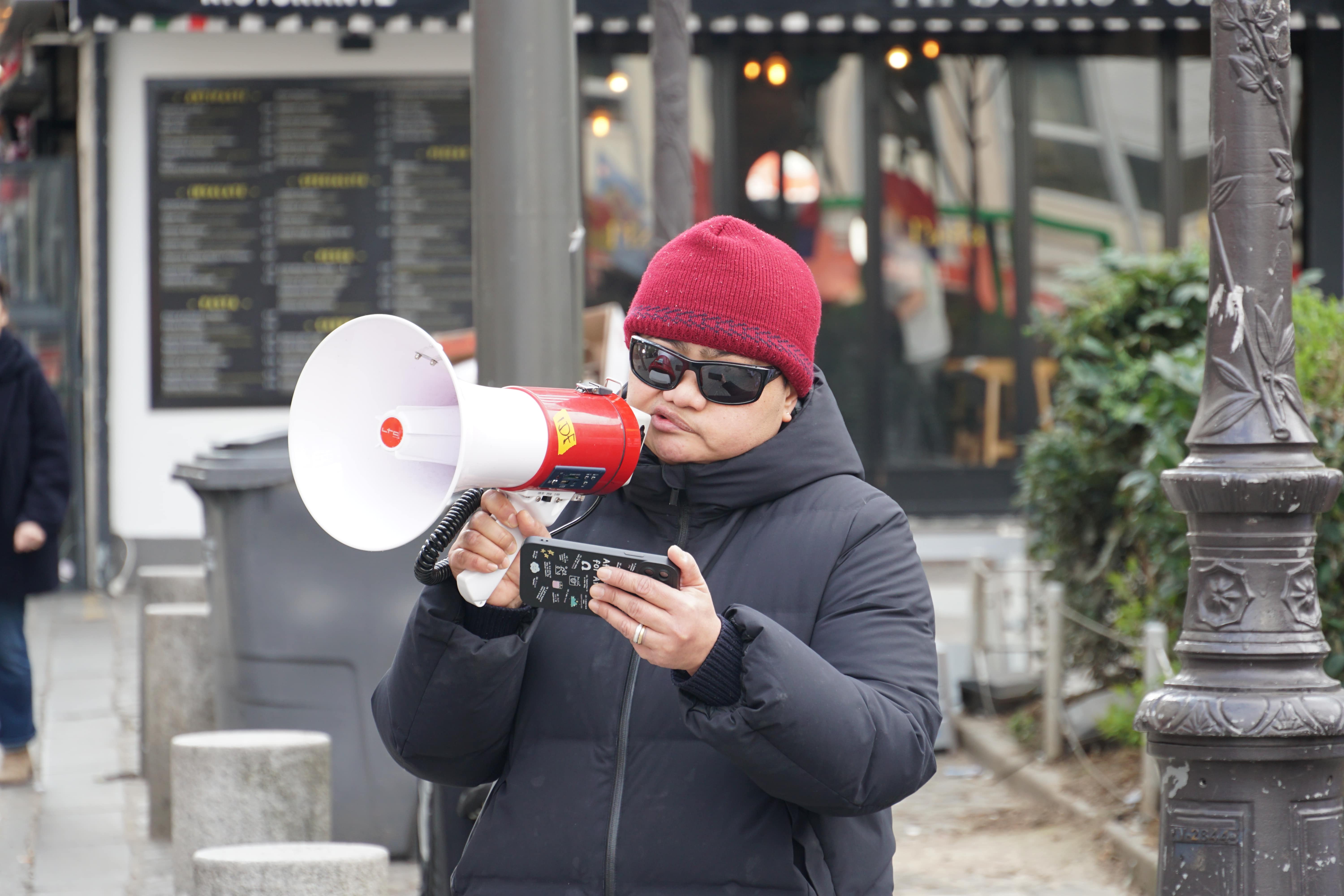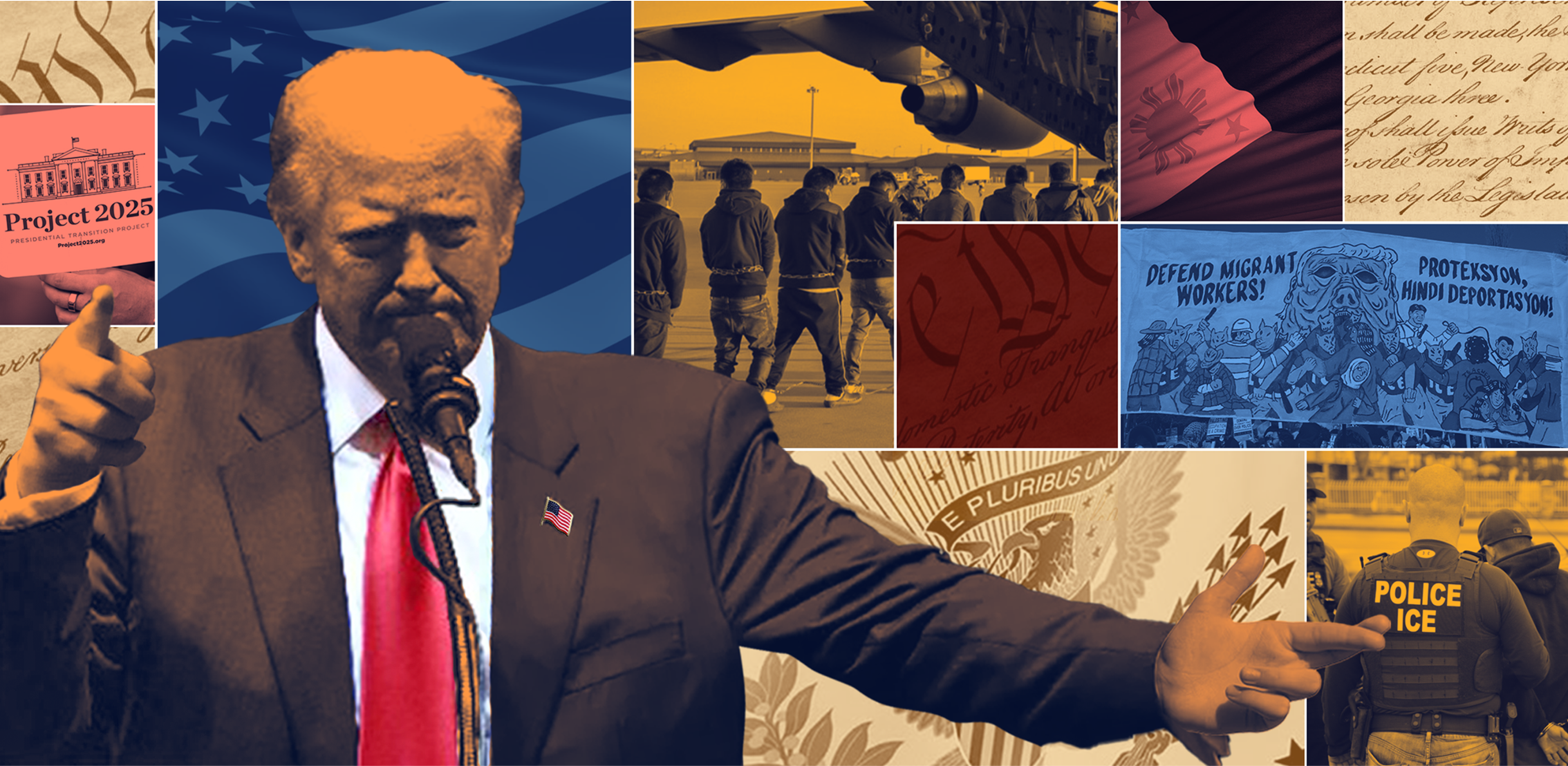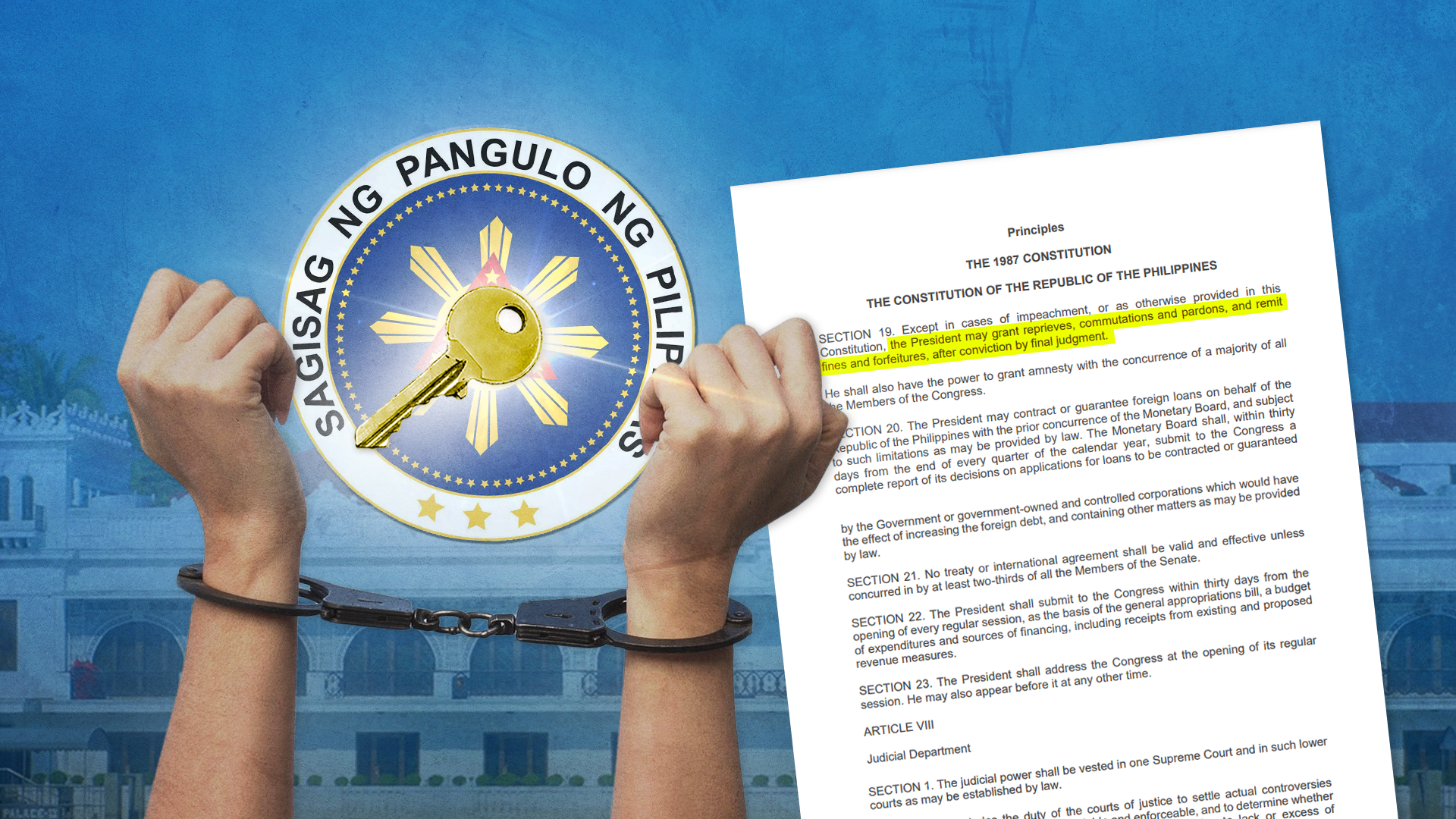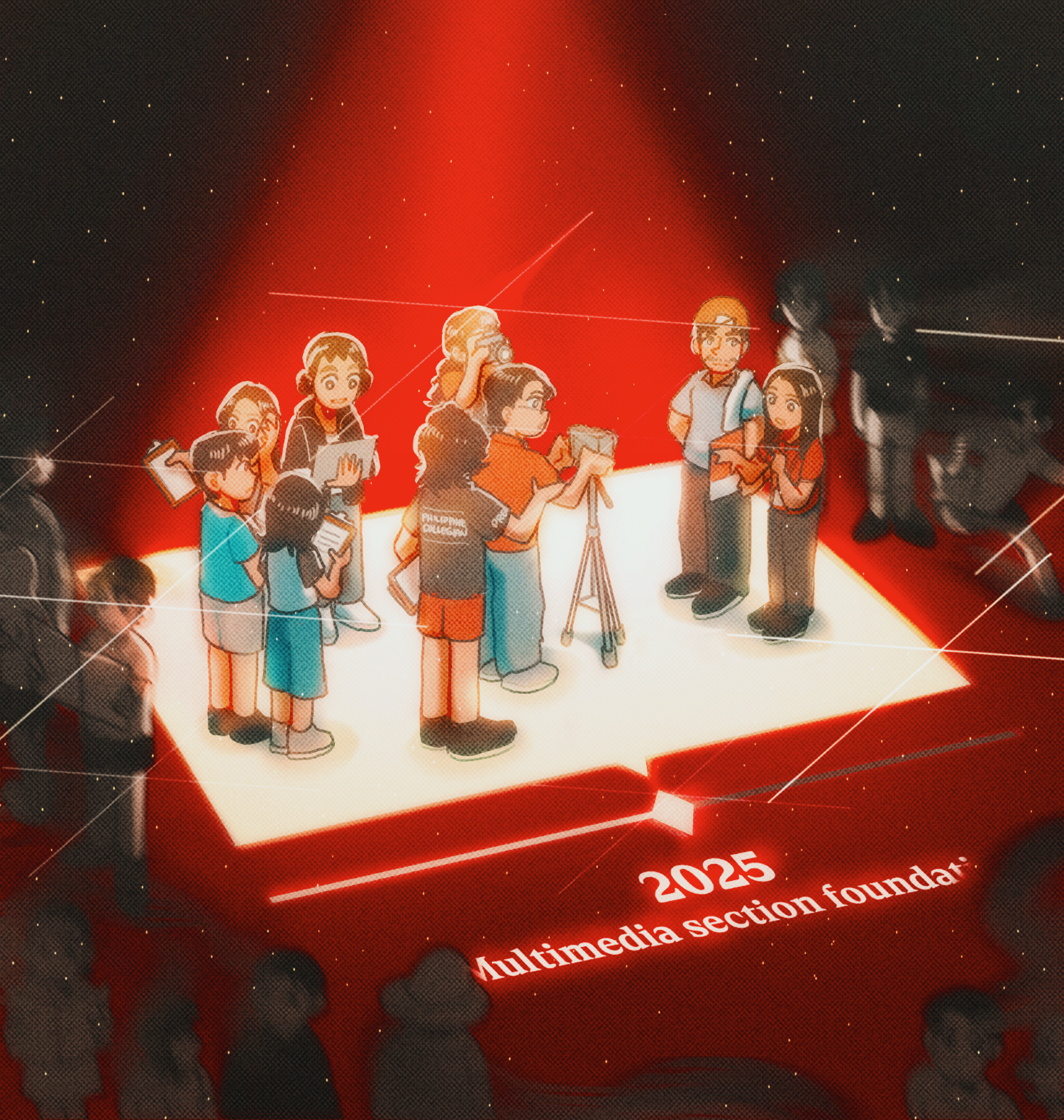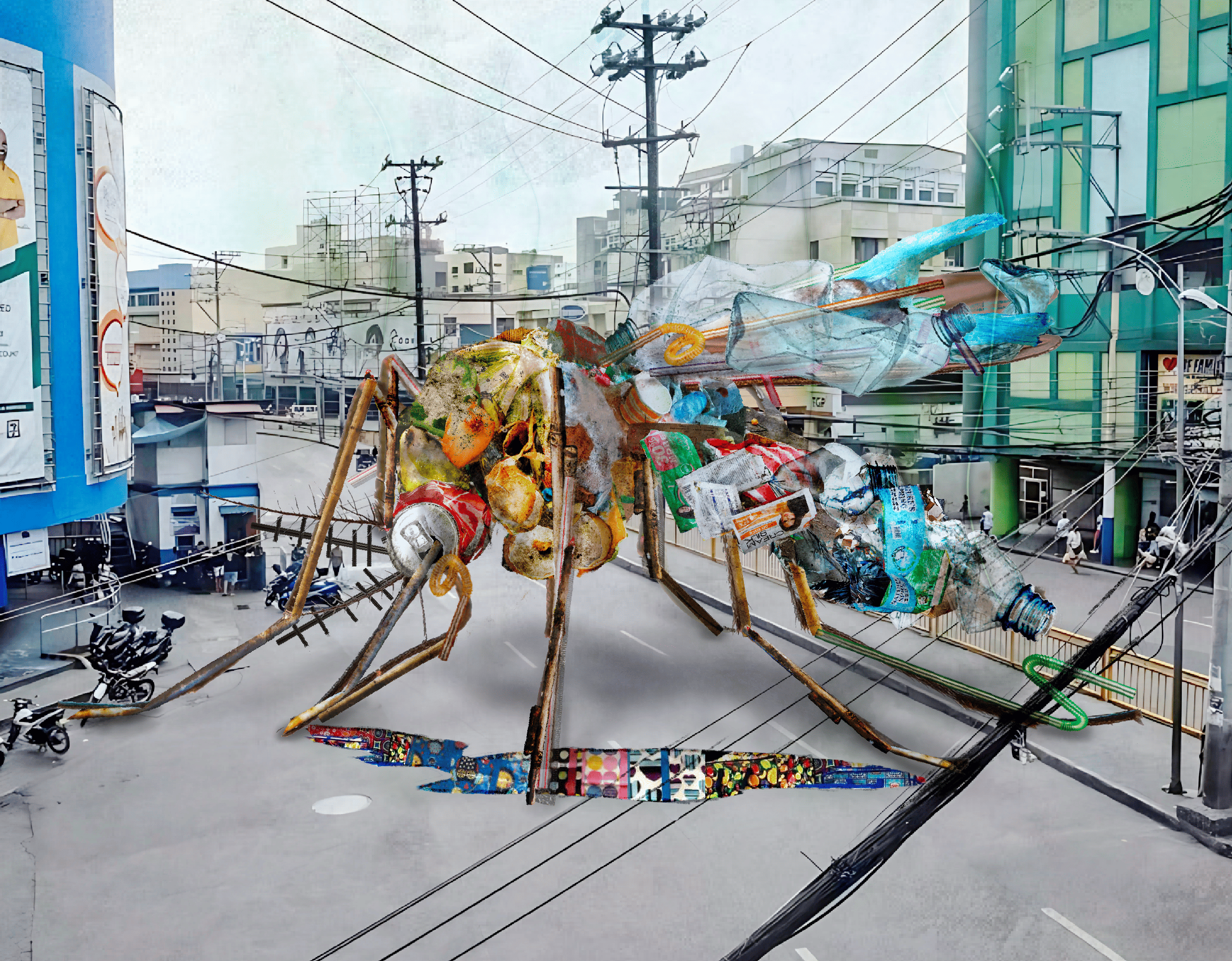It has been said that the balikbayan box is as fundamental to an Overseas Filipino Workers (OFWs) return home as a passport and a ticket. Inside it would be canned goods, cosmetic items, chocolates, and shoes. In some ways, these boxes become a loving formality. For many overseas Filipinos, they represent a familial responsibility not necessarily or always borne out of any relatives’ material need, but out of a need to acknowledge and remember their home. Just as the balikbayan remembers, so too must the promises made to OFWs.
Hope flowed abundant in President Rodrigo Duterte’s first 100 days in office. In his first State of the Nation Address (SONA), Duterte rattled off a list of migration-related goals. Promises to combat human trafficking and illegal recruiting, to provide mandatory financial education to migrants, among others. Two years later he reiterated his position, vowing in his third SONA that the welfare of OFWs would remain the Philippines’ foremost foreign policy concern.
The administration introduced welcome changes, such as doing away with the employment certificate requirement for OFWs on vacation, as well as launching an online seafarer registry. As the end of Duterte's presidency draws nearer, however, fissures in long standing state policy widened by the administration’s broken promises have become apparent.
“Cracks in policy have been there not just in the Duterte administration, but even prior. But I don’t think the Duterte administration has in fact advanced or moved that agenda forward to really make protection meaningful,” said Thetis Abrera Mangahas, former deputy regional director of the International Labor Organization Asia-Pacific.
The extreme temporariness of contracts—particularly for the ever increasing feminized labor outflow to the Middle East—is among the most concerning of migration policies’ foundational flaws. The ever increasing number of workers growing old in their overseas assignments on 10 to 20 year temporary contracts speak to the Philippines’ diminished negotiating power since the watershed Migrant Workers Act of 1995. These workers are not under the protection of their employee state, leaving them under poor coverage of labor law and without health or social protection. Recently, this lack of protection was perhaps most visible during the COVID-19 pandemic where thousands of workers were left stranded and experienced difficulties returning home.
According to a report released by the International Organization for Migration in late May of this year, 83 percent of OFWs are still jobless long after repatriation and dispossessed of meaningful government support. Filipino labor migration researcher Karen Liao at the National University of Singapore told the Collegian that many OFWs received their Bayanihan cash aid months after they had applied for it. “We’ve had some cruise workers who applied in June, July of last year, but a lot of them received their cash assistance in December and one of them even received his only in February of this year.”
Last December 2020, President Duterte certified as urgent the senate bill creating the Department of Migrant Workers and Overseas Filipinos (DMWOF). The agency, initially referred to as the Department of Overseas Filipinos (DOFil), aims to oversee all policies protecting the welfare of Filipinos abroad. Proponents claim that a unified agency would eradicate inefficiencies allegedly inherent in coordinating the many government entities involved in overseas employment and migration.
Mangahas remains skeptical of how a centralized agency can resolve existing issues. For example, the lack of proper data management and analysis. Data, such as those tracking wages, has been left unprocessed, leaving officials in the dark with respect to whether gains have been made or eroded over the nearly 50 years since the Philippines launched its overseas employment program.
She stressed that a unified agency would breathe continued life into its component agencies' preexisting flaws by failing to address deficiencies in core values. “It’s not just a question of would it be better in one organization. I don’t think that the solution is putting everybody under one roof. There has to be some commitment to the value of data and there has to be oversight on that data and there has to be consistent reporting.”
Carmelita Nuqui, executive director of Development Action for Women and president of Philippine Migrants Rights Watch, stated without equivocation that her organizations’ position is that “the government should not promote overseas employment,” and that the creation of the DMWOF would only serve to institutionalize the labor export policy.
Nuqui further underscored the inopportune timing of the DMWOF bill, highlighting in particular the prevalent budgetary concerns. “[The government] needs to prioritize the needs that we have this time of the pandemic.”
Despite being first conceptualized in 2016, talks revolving around the creation of the unified agency remained stagnant until only recently, primarily due to budgetary constraints. It is unclear why those concerns have seemingly scattered on the wind, especially at a time when the economy is still reeling from the pandemic’s relentless blows. ●


